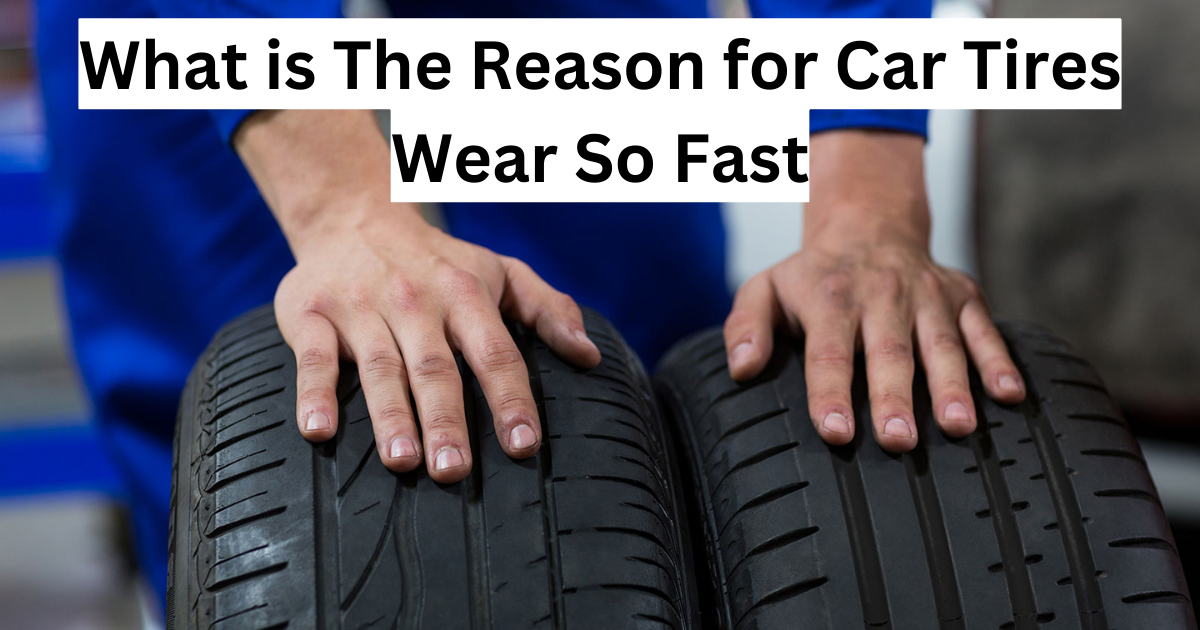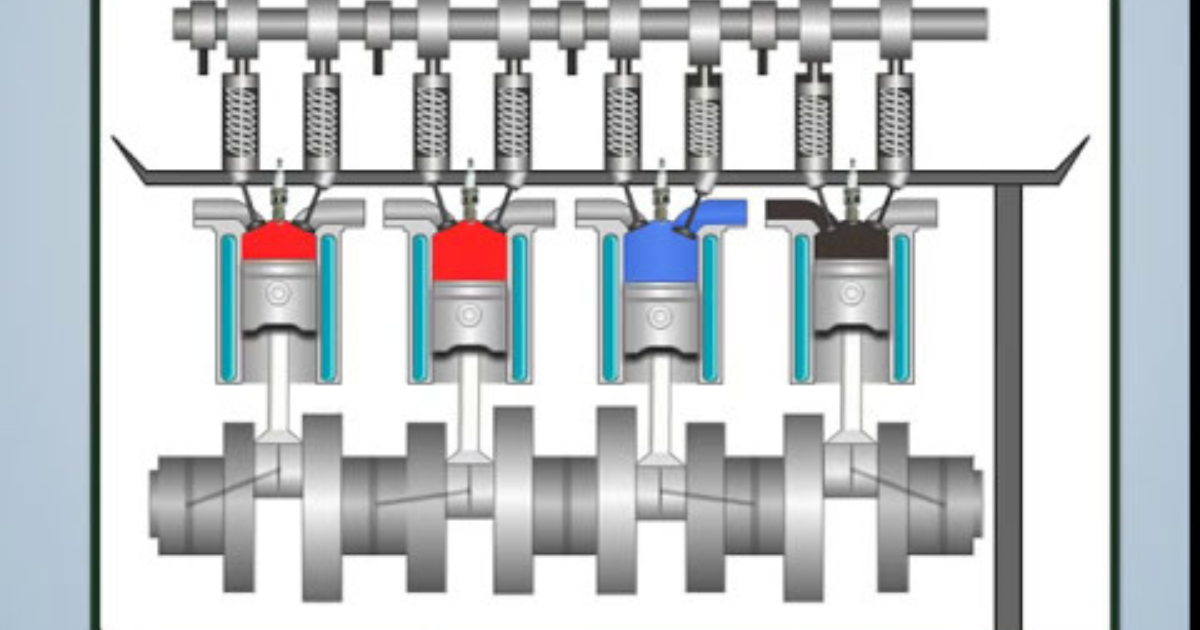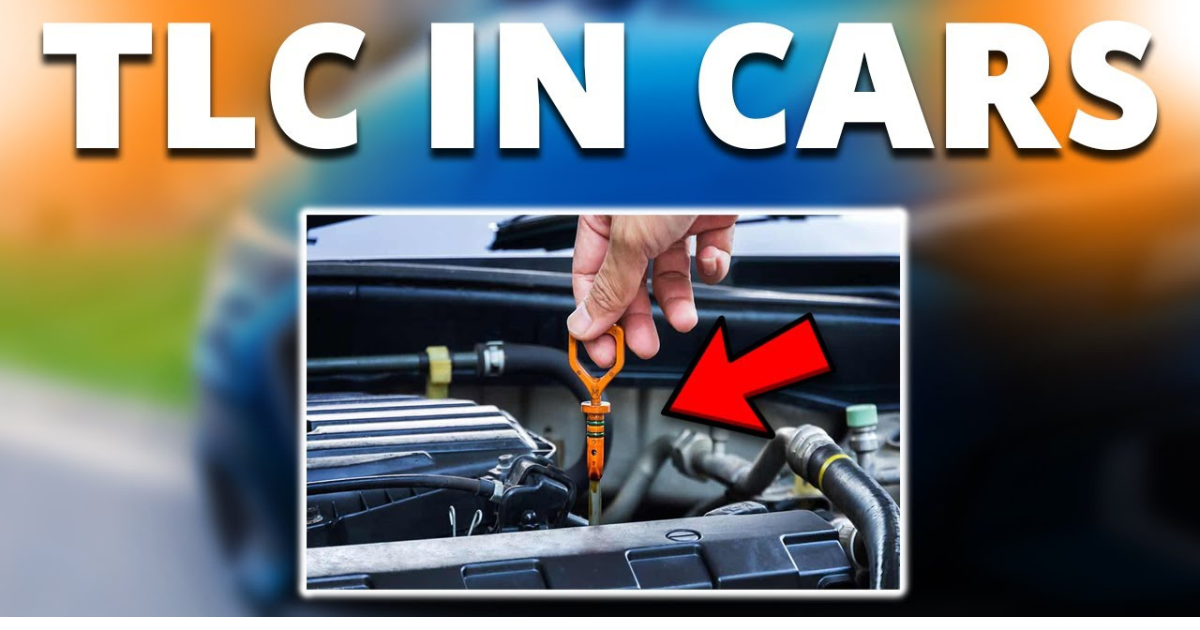Tesla has made a name for itself in the automotive industry, offering electric vehicles that are not only eco-friendly but also high-performing. One aspect that sets Tesla apart from traditional gas-powered cars is its tires. In this article, we’ll explore what makes Tesla tires different, their features, and why they are essential for the smooth functioning of these electric vehicles.
Understanding Tesla Tires
Tesla does not manufacture its tires, but they are specifically designed to meet the requirements of Tesla’s electric vehicles. The tires are produced by reputable manufacturers such as Michelin, Continental, Pirelli, and Hankook. These tires are marked with TX specifications, which signify that they are approved for use on Tesla vehicles. The TX specifications include T2, T1, and T0, which can be found on the tire’s sidewall.
Features of Tesla Tires
Tesla tires have unique features that distinguish them from regular tires, including:
- Noise-Canceling Technology: Tesla tires are designed with noise-canceling technology that minimizes the sound produced by the tires. This feature enhances the driving experience, especially since electric vehicles do not have the noise of an internal combustion engine.
- Low Rolling Resistance: Tesla tires have lower rolling resistance than regular tires, which helps to extend the vehicle’s range. Lower rolling resistance means that the tires require less energy to move, resulting in better fuel efficiency.
- Special Rubber Material: Tesla tires are made with unique rubber material that includes a blend of synthetics and rubber. This material improves the tire’s handling, pressure retention, and stopping power.
- Tread Patterns and Compounds: Tesla tires have excellent tread patterns that provide better grip and handling. They are also formulated with lower rolling resistance, which makes the vehicle move faster in motion.
- Aerodynamics: Tesla tires are designed to be more aerodynamic than regular tires. This feature helps to reduce wind resistance and turbulence, resulting in better vehicle range.
- Weight Ratings: Electric vehicles are generally heavier than gas-powered cars, and Tesla tires are designed to carry this weight. They have higher weight ratings than regular tires, which enables them to support the weight of the vehicle.
Final Thoughts
Tesla tires are an essential component of electric vehicles. They are designed with unique features that distinguish them from regular tires, including noise-canceling technology, low rolling resistance, and aerodynamics. Tesla tires are marked with TX specifications, which signify that they are approved for use on Tesla vehicles. If you own a Tesla, it is crucial to use the recommended tires for optimal performance and safety.

Frequently Asked Questions
- Does Tesla need special tires?
Yes, Tesla vehicles require special tires to meet their high-speed and torque requirements. These tires provide low rolling resistance, extended vehicle range, and a smooth driving experience.
- What brand of tire does Tesla use?
Tesla uses Michelin, Pirelli, Continental, and Hankook tires. However, about 50% of Tesla cars feature Michelin tires, which are known for their Acoustic technology that reduces road noise by at least 20%.
- Can a regular tire shop replace Tesla tires?
Yes, regular tire shops can replace Tesla tires. However, some Tesla tires have a unique design and require special attention. It is recommended to visit a nearby Tesla service center for tire changes.
- What happens if you get a flat tire in a Tesla?
Tesla cars do not have spare tires. If you have a flat tire, contact Tesla roadside assistance, which is available 24/7. They will either tow your vehicle or fix a loaner wheel.
- Why do Tesla tires wear out so fast?
Tesla vehicles are heavier than regular cars, which puts additional stress on the tires. This added weight causes the tires to wear out more quickly.




